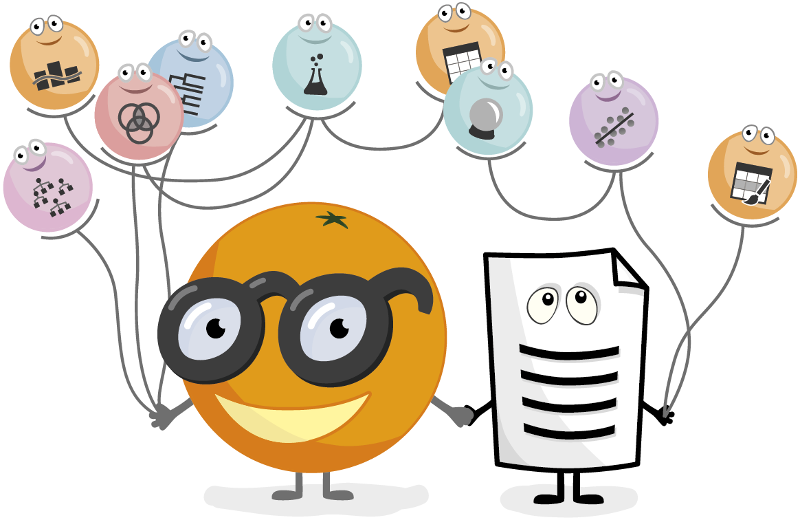Cookiecutter Data Science
A logical, reasonably standardized, but flexible project structure for doing and sharing data science work.
Project homepage
Requirements to use the cookiecutter template:
- Python 2.7 or 3.5+
- Cookiecutter Python package >= 1.4.0: This can be installed with pip by or conda depending on how you manage your Python packages:
$ pip install cookiecutter
or
$ conda config --add channels conda-forge
$ conda install cookiecutter
To start a new project, run:
cookiecutter -c v1 https://github.com/drivendata/cookiecutter-data-science
New version of Cookiecutter Data Science
Cookiecutter data science is moving to v2 soon, which will entail using the command ccds ... rather than cookiecutter .... The cookiecutter command will continue to work, and this version of the template will still be available. To use the legacy template, you will need to explicitly use -c v1 to select it. Please update any scripts/automation you have to append the -c v1 option (as above), which is available now.
The resulting directory structure
The directory structure of your new project looks like this:
├── LICENSE
├── Makefile <- Makefile with commands like `make data` or `make train`
├── README.md <- The top-level README for developers using this project.
├── data
│ ├── external <- Data from third party sources.
│ ├── interim <- Intermediate data that has been transformed.
│ ├── processed <- The final, canonical data sets for modeling.
│ └── raw <- The original, immutable data dump.
│
├── docs <- A default Sphinx project; see sphinx-doc.org for details
│
├── models <- Trained and serialized models, model predictions, or model summaries
│
├── notebooks <- Jupyter notebooks. Naming convention is a number (for ordering),
│ the creator's initials, and a short `-` delimited description, e.g.
│ `1.0-jqp-initial-data-exploration`.
│
├── references <- Data dictionaries, manuals, and all other explanatory materials.
│
├── reports <- Generated analysis as HTML, PDF, LaTeX, etc.
│ └── figures <- Generated graphics and figures to be used in reporting
│
├── requirements.txt <- The requirements file for reproducing the analysis environment, e.g.
│ generated with `pip freeze > requirements.txt`
│
├── setup.py <- makes project pip installable (pip install -e .) so src can be imported
├── src <- Source code for use in this project.
│ ├── __init__.py <- Makes src a Python module
│ │
│ ├── data <- Scripts to download or generate data
│ │ └── make_dataset.py
│ │
│ ├── features <- Scripts to turn raw data into features for modeling
│ │ └── build_features.py
│ │
│ ├── models <- Scripts to train models and then use trained models to make
│ │ │ predictions
│ │ ├── predict_model.py
│ │ └── train_model.py
│ │
│ └── visualization <- Scripts to create exploratory and results oriented visualizations
│ └── visualize.py
│
└── tox.ini <- tox file with settings for running tox; see tox.readthedocs.io
Contributing
We welcome contributions! See the docs for guidelines.
Installing development requirements
pip install -r requirements.txt
Running the tests
py.test tests




